When it comes to cancer, doctors often battle the unknown.
But with a new technology expected to debut at Spectrum Health this year—liquid biopsies—doctors can practically meet and greet the cancer cells they’re attempting to conquer.
It won’t be a friendly encounter—for the cancer cells, that is.
They are focused on what DNA is in the patient’s blood that could represent a tumor or malignancy. …I think it’s revolutionizing.
Although liquid biopsies won’t replace traditional tissue biopsies, they should allow doctors to more precisely determine exactly what kind of cancer cells they’re dealing with, and what treatment method is likely to be the most effective for the patient.
And they’ll be much less invasive than a tissue biopsy. Patients only have to get their blood drawn.
“It’s exciting work,” said Susan Smith, Spectrum Health director of laboratories.
Like a high-tech hunt down of Hansel and Gretel’s bread crumbs, the test picks up on nucleic acids that cancer cells leave behind in the bloodstream.
“They are focused on what DNA and or RNA is in the patient’s blood that could represent a tumor or malignancy,” Smith said. “I think it’s revolutionizing. It’s not necessarily changing the detection method. I think the detection will still be based on symptoms and imaging. But I think it’s revolutionizing the appropriate treatment.”
The more doctors understand the makeup of the enemy, the better prepared they are in the battlefield.
Certain cancer cells respond better to medications than others. And it’s not uncommon for a drug to lose effectiveness midway through treatment. Liquid biopsies could help predict which cancers may be sensitive or develop a tolerance for certain drugs.
“If they are identifying a specific cancer, and know the mutations, they have the best shot at treating it appropriately because they understand the genetic footprint of the tumor,” Smith said. “Understanding its mutations drives better treatment options.”
Liquid biopsies are being tested and researched around the world. A conference focused solely on the project is scheduled in Portugal in April.
Smith said initially non-small cell lung cancers will be the focus because that type of cancer can be difficult to reach with a traditional tissue biopsy.
Non-small cell lung cancers make up nearly 90 percent of lung cancers, according to the American Cancer Society.
Liquid biopsies won’t necessarily detect cancer, but instead will help doctors determine the cancer cell’s molecular makeup so they can choose the best drug or method for treatment.
“With the focus on the genetic expression in the tumor, we can have a much more personalized approach to treatment,” Smith said.
In the future, liquid biopsies could be used in colon and pancreatic cancers, where they’ve also shown some promise in research trials. And someday they could also be helpful in catching cancers that spread or reoccur.
A study published in The New England Journal of Medicine showed that in some cases a liquid biopsy could detect the worsening of breast cancer five months before it could be detected by imaging scans.
Spectrum Health molecular diagnostics director Cong Liu, Ph.D., said she is optimistic about what liquid biopsies could mean to the medical field, but cautions there are questions to be addressed before they’re used clinically.
But she anticipates they will be particularly helpful in cases where tissue biopsies are difficult to obtain. She estimates that about a third of patients with non-small cell lung cancers cannot get an accurate tissue biopsy because the cancer location is not accessible.
“People are very excited about liquid biopsies because they have so many other potentials,” Dr. Liu said.
She said it’s possible someday that liquid biopsies could be used to screen cancer.
She is cautiously optimistic liquid biopsies could be a game-changer.
“We’re pretty excited that we can make it happen this year,” Dr. Liu said. “That’s a big deal for us. We see hope, but we also kind of use a magnifier to see if there are potential problems. We will perform extensive validation studies to make sure it’s accurate and reliable before launching the test.”
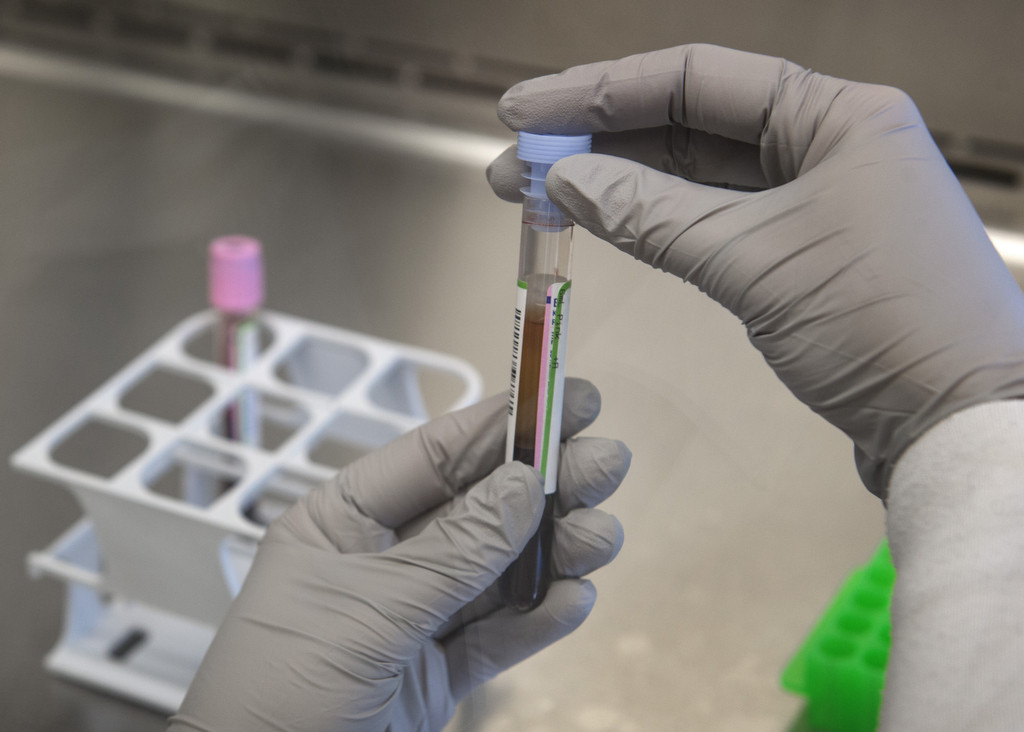
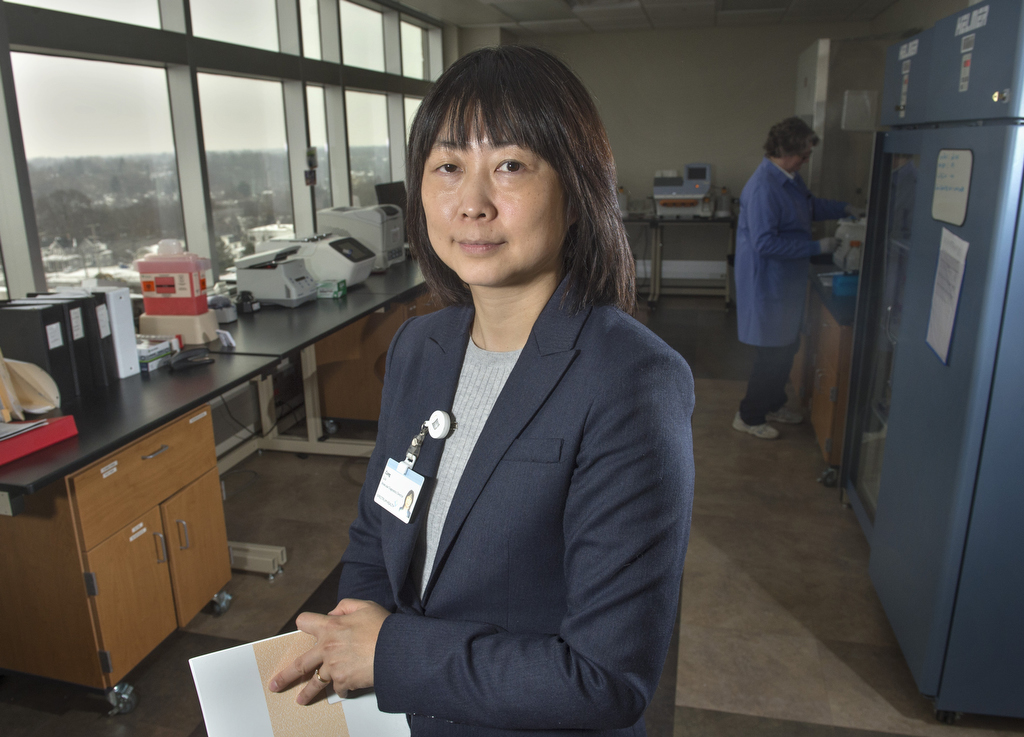
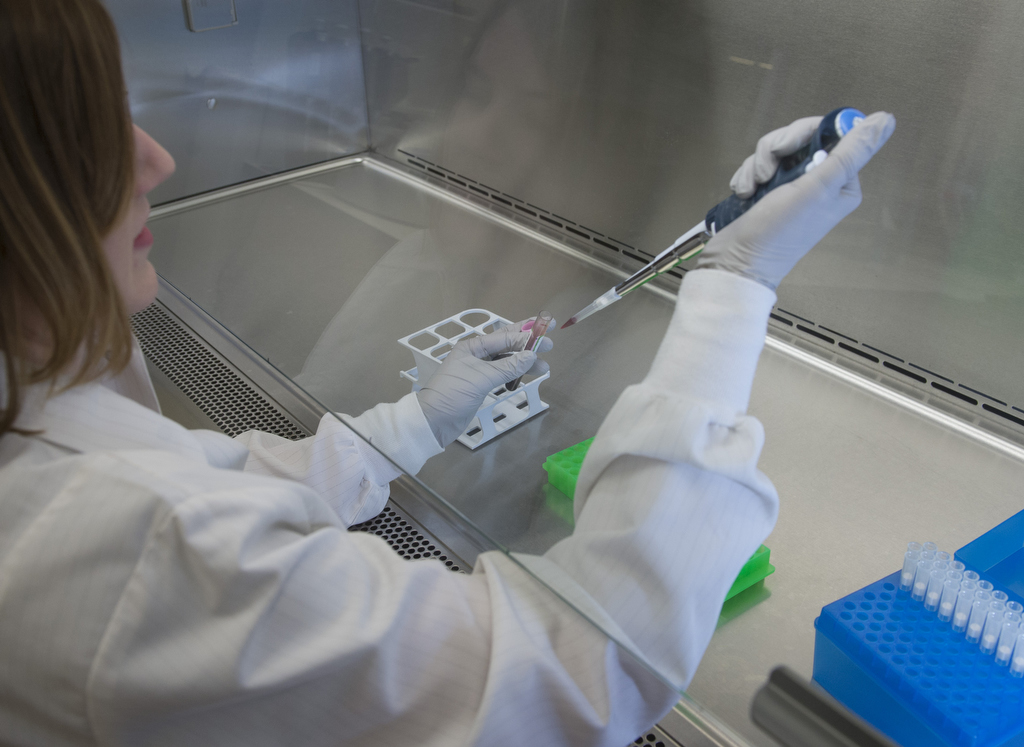
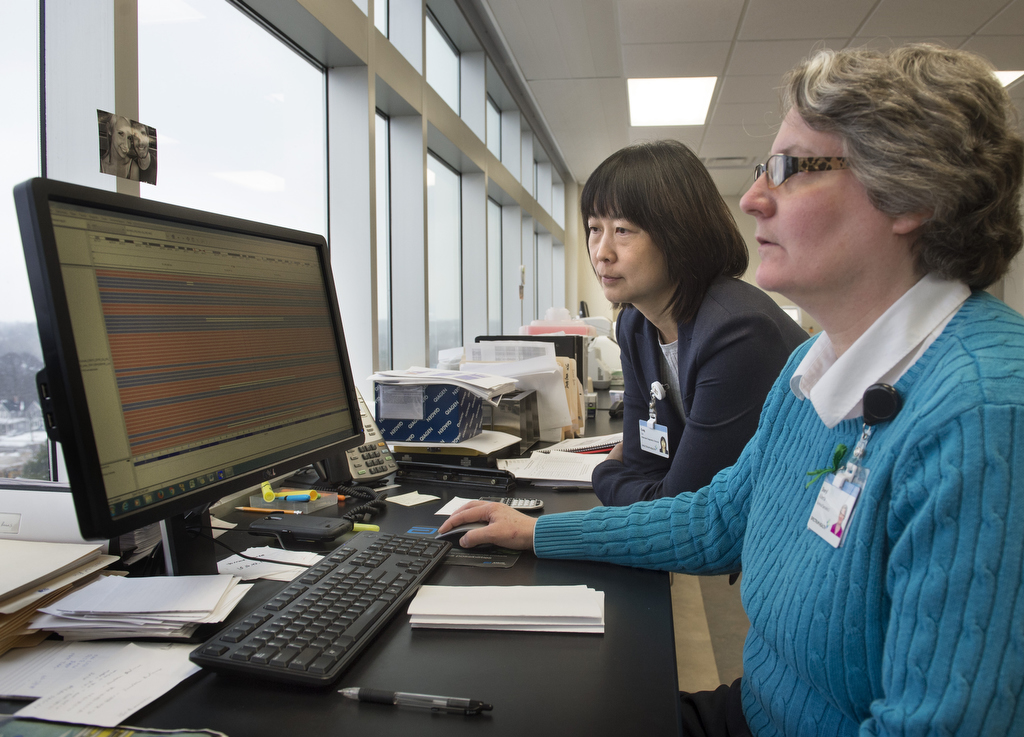
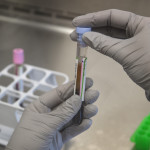
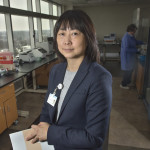
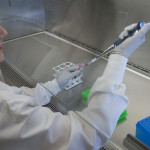
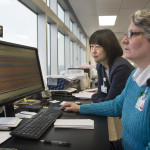
 /a>
/a>
 /a>
/a>
 /a>
/a>
Is this also something that can be done with Sarcoma tumors such as G.I.S.T?
Hi Clifford – Thanks for reading Health Beat. That question is a little out of Health Beat’s expertise area, but we’ll forward it on to our experts in this area and get back to you with an answer. 🙂 Cheers, Cheryl